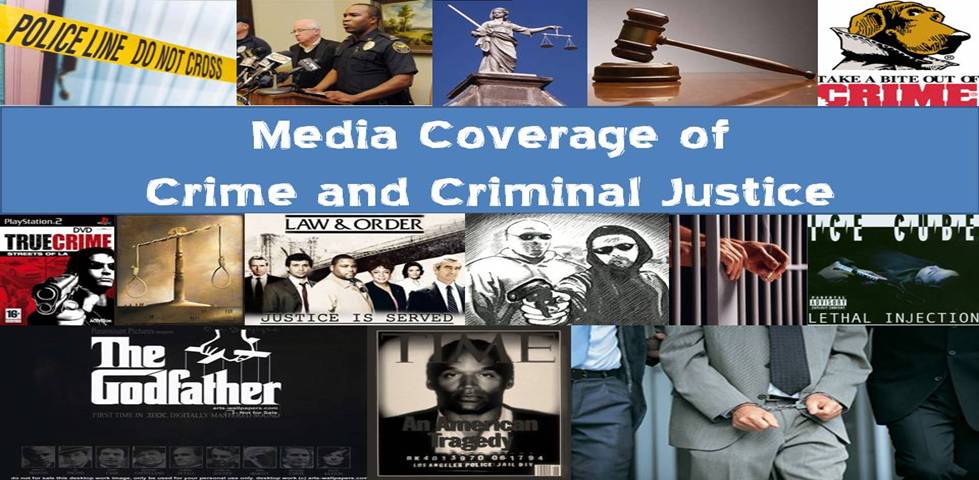On the top rated questions in President Obama's recent YouTube question and answer session was submitted by a former law enforcement member, now associated with Law Enforcement Against Prohibition (LEAP).
You can see his question and Obama's answer here:
Obama says this is a legitimate issue for debate, but that he is against legalization. He then goes on to cite successes in the public health approach in substances that are legal and regulated (e.g., tobacco and alcohol), apparently not aware at all of the contradiction there.
What Obama does NOT say is that the Office of National Drug Control Policy (ONDCP) is not allowed to spend even a single penny on research to examine any approach other than prohibition. Until members of Congress opens their mind and change the law, we'll continue to have lies and distortions from ONDCP about national drug control policy, and we'll remain stuck in drug war failure for decades more.
Drug war reformers who hoped Obama would be the guy to finally bring about real change are in fact seeing significant change. But legalization will not occur under his watch.

It's incredibly unfortunate that our politicians are at the mercy of a scoop-hungry media and an ill-informed public. If he were to say something along the lines of even considering repeal...well headlines would be ablaze and quite sadly I could see some large Radio personalities (mostly one)being all over racial stereotypes, and that would trickle into at least one particular "news" organization.
ReplyDeleteAs far as the connection to the corporate media; prisons can be big business. Tie this fact that so much of our prison population is made up of non-violent drug offenders, removing this source of revenue would mean a huge loss of profits. Couple this with the idea that "crime sells" and we sure do love a huge drug bust...there is a vested interest to keep things as they are.
Something that I think even further complicates things is our bad economy. I heard this story the other day and immediately thought about the war on drugs and what it means for ordinary citizens and their representatives. Politicians from districts like this will never vote to reform/end drug laws.
http://www.kcrw.com/news/programs/al/npr-story?story_id=133276372
I think that if any president were to consider repeal of some drug laws it would be and early second term project. And so goes the perpetual reelection machine.
I can understand the argument that people have for the legalization of marijuana. It makes sense. However, until the drug is legalized it is still ILLEGAL. Put whatever label on the issue you want, but something needs to be done. Dr. Robinson is absolutely right, more effort needs to be placed on prevention of drug use as well as help for those currently using. The prevention starts early in life with parents setting a good example. Such efforts won't see an immediate impact, but they will as those children grow up and the demand for illegal narcotics decreases. As for helping those on drugs, get off drugs. Help is out there for those that want to quit, they just have to seek it out and accept it.
ReplyDeleteLegalization is probably not the right answer.
History tells us (via the story of Prohibition in America) that legalization would eliminate the effective black market that contributes to most of the violence related to illicit drugs, especially marijuana. It would also solve the issue of prison overcrowding and reduce the amount of money taxpayers end up throwing at the arrest/adjudication/incarceration processes.
ReplyDeleteI don't want to trivialize the individual plight of those addicted to drugs, but there is vastly more harm sustained by society in general from the above problems, which are not addressed by simply focusing on treatment without legalization/decriminalization.
I don't think the advocacy here is for someone who violates the law is not punished by the law. The advocacy is to change the law. The idea that something is currently illegal and people need to respect the rule of law is completely irrelevant to the debate on whether or not a law should be changed.
Legalization may not be the only way to address all of those problems, but I don't think we've seen any other approaches that seriously claim to.
I am coming at this story from a different angle. In reading Chapter 2 of our text, I was surprised by the numbers of how many people rely on each medial source and the amount of time they spend on them. I was well aware that people use the Internet as a main source of getting the news, but I was unaware that YouTube was such a venue. I was shocked to find out that the president had a Q and A session on this site. I think it is great because many younger Americans frequent such sites as YouTube and they may take notice of such news. I am all for whatever gets the information to the public so that they are more aware of what is going on in our world.
ReplyDelete